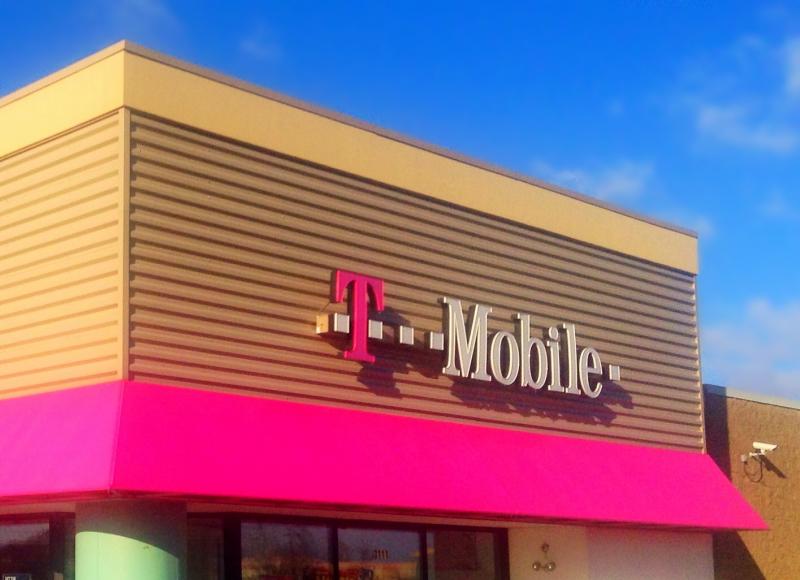
Yesterday, FCC Chairman Ajit Pai publicly announced his support for the merger between telecommunications companies T-Mobile and Sprint.
While Chairman Pai’s blessing isn’t an official approval of the merger, it’s one big step forward to realizing the benefits a combined T-Mobile and Sprint—which, if approved, would create a new company, the New T-Mobile—would bring.
The merger will also be instrumental to helping the United States maintain its position as the global leader in innovation and technology.
In particular, the New T-Mobile would help America win the global 5G race. According to a recent CTIA report, while the United States assigns the most low- and high-band spectrum for wireless, there is room for major improvement regarding mid-band assignment. Both T-Mobile and Sprint have committed to a significant build-out of their mid-band spectrum holdings.
A merger between the two companies would also lead to a more connected America. According to Chairman Pai’s statement, their combined network would cover at least two-thirds of the nation’s rural population with high-speed 5G. In fact, within three years, 85 percent of rural Americans will have access to reliable wireless service. T-Mobile and Sprint have also said they will create an in-home broadband product, which would also serve rural areas.
This will help Americans in typically underserved areas stay connected online. In other words, this will help school kids do their homework, businesses expand and families keep in touch with relatives across the country.
Detractors point out that a merger could lead to decreased competition or job losses. To address the first point, a T-Mobile–Sprint merger would actually lead to more competition. The New T-Mobile will have approximately 126 million subscribers, allowing it to compete better with Verizon and AT&T, which have 150 million and 142 million subscribers, respectively.
Speculations that the combination will result in a loss of 28,000 jobs are flat out wrong. Currently, Sprint has 30,000 employees. If the New T-Mobile eliminates 28,000 jobs, the company would not be able to maintain its expanded operations. Rather, the new company will likely create 5,600 new customer care jobs.
Don’t listen to the naysayers, and think of the future. Not only will 5G connect more Americans to the internet, it will boost the United States’ global competitiveness and improve our standard of living.
The FCC should formally approve the T-Mobile–Sprint merger—it would be a boon for the economy and America as a whole.

